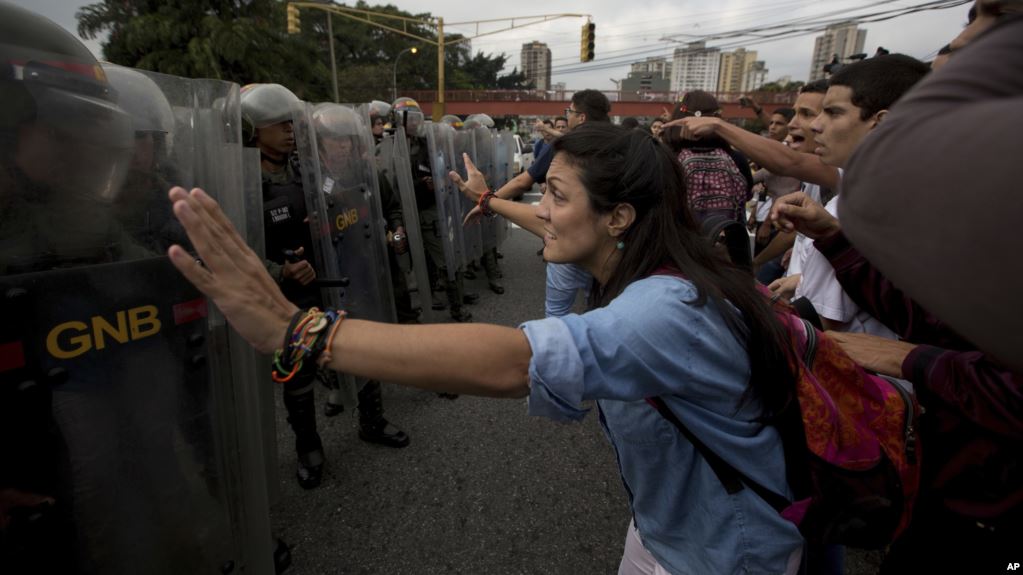Venezuelan Parliament Reinstated
April 3, 2017 | Expert Insights

What is President Maduro’s reason behind the move?
On the 2nd of April 2017, The Venezuelan High Court ruled to reverse its decision to strip the Legislative body, the National Assembly of all its powers.
President Nicolas Maduro asked the court in a late-night speech to review the ruling.
The move was hailed around the country after protesters and the international community deemed the move to be a ‘coup d'état’ against the opposition parties by Maduro.
What was the reasoning behind the move?
Nicolas Maduro has ruled the country by since the death of renowned figure Hugo Chavez in 2015. Despite losing the elections of 2015 in a landslide to the Democratic Action party, he has remained in power.
They have been blocked in pushing full scale reforms by the Judiciary and Maduro refusing to abdicate the Presidency.
They however control the National Assembly, which is Venezuela’s main legislative body. The move to dissolve thus was seen by many as a move to remove the opposition and put in place a body which is controlled by Maduro.
The Judiciary has been carefully crafted by Maduro to be full of nationalists and supporters of his party, the United Socialist Party of Venezuela (PSUV).
On the 30th of March, at the behest of Maduro the Judiciary dissolved the Parliament. The Parliament is the only blockade to Maduro pushing large scale reforms and assuming the role of complete leader of the state. With it's breif dissolution, Maduro would have had complete control over every political body in the country.
What has the Supreme Court done after reversing the ruling?
The Court after reversing their decision to dissolve the Parliament showed the people of Venezuela who holds power over the court with an extremely controversial ruling.
They decreed that the Maduro’s PSUV now have complete control over Venezuela’s national oil company, PDVSA. Maduro has complete power over the firm. He can organize deals, sell stocks in the company and co-invest with larger multinationals for the company. The PSUV can do all of this without any legislative permission. This could be Maduro’s ultimate plan as he looks to get Venezuela out of a crisis that has seen food shortages, astronomical inflation and riots breaking out all over the country.
The ruling was mainly to do with annulling the role of the legislature in any processes to do with the PDVSA. It now leaves the company open to foreign takeover and allows Maduro to do with it what he wishes; with the only restriction being its privatization.
Assessment
Maduro is seeking to consolidate his power over the PDVSA as he has lost the support of the people and all political parties besides his own. He is willing to partially sell one of Venezuela’s only means of international income to get his country out of massive debt, inflation and economic fragility. His plan seems to be selling massive stakes in the company and using the funds to get Venezuela out of its disastrous state. But this is deeply flawed as the world is experiencing an ‘oil glut’, meaning too much oil is being produced. With OPEC cutting production and the world likely to move away from petroleum over the next few years, the move is risky and might lead Venezuela to becoming a failed state.








Comments